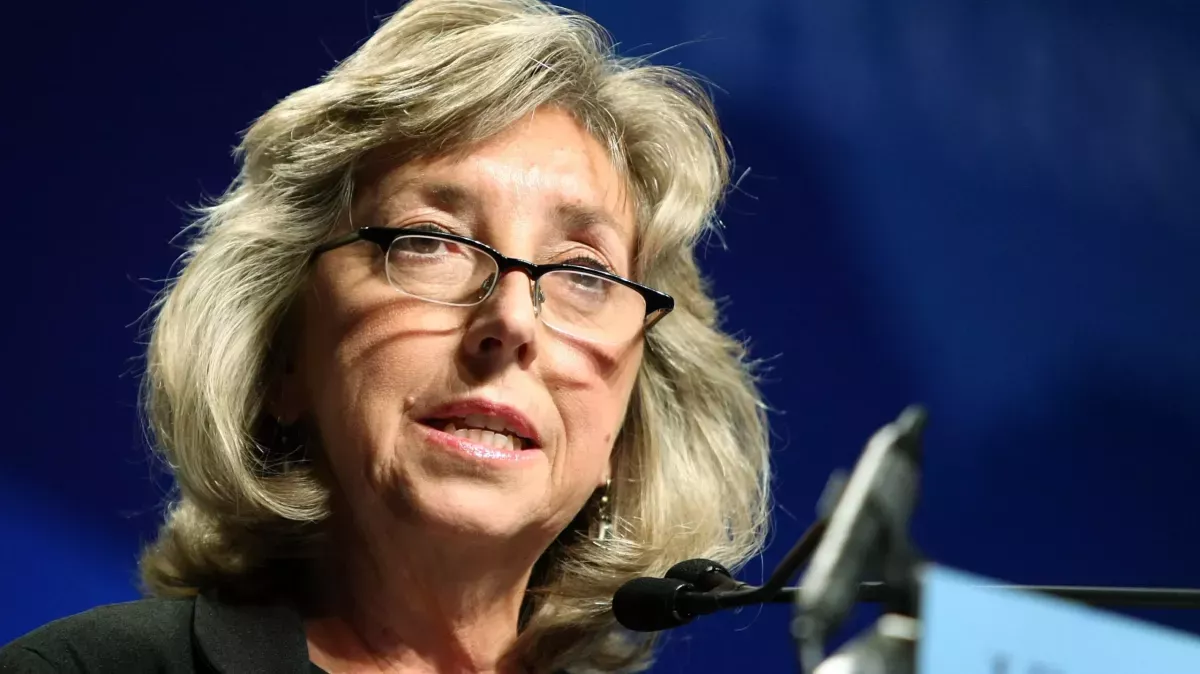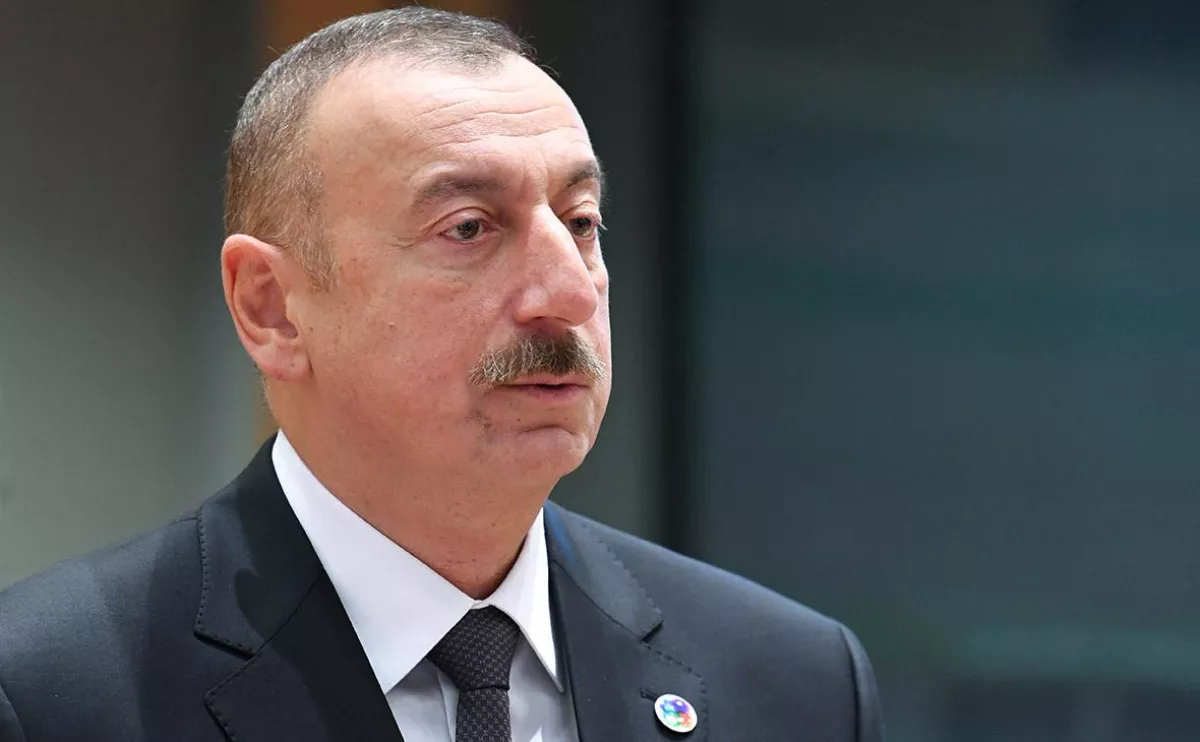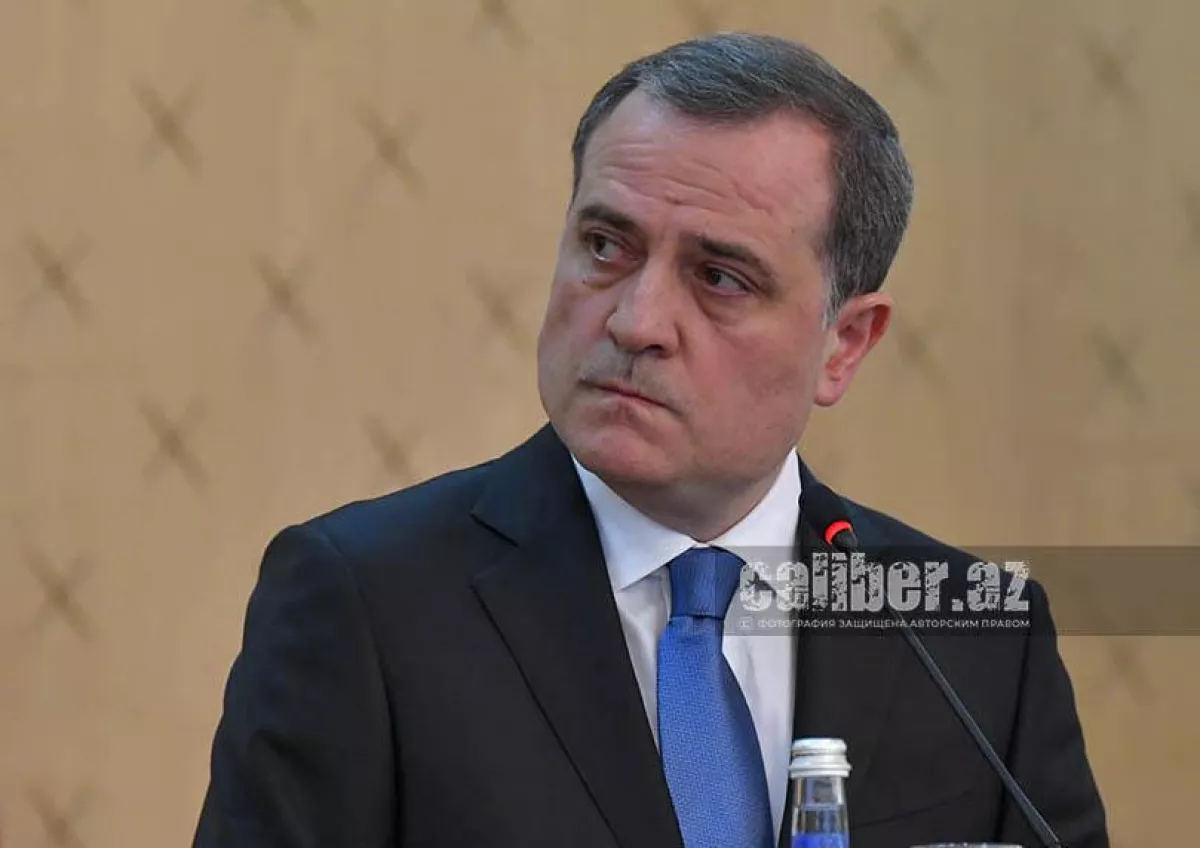How Armenian lobby buys influence in US Congress Grants for lies
A group of congressmen has introduced a bill proposing the creation of an educational program about the "Armenian genocide." The initiator of this absurd project is Dina Titus. She was joined by her colleagues — Gus Bilirakis, David Valadao, and Ted Lieu.
Armenian media, citing the U.S. iData committee, enthusiastically report that as part of the project, it is planned to allocate $10 million over five years for the development and distribution of educational materials, teacher training, creation of online resources, and the inclusion of relevant topics in school curricula.

According to Dina Titus, her initiative will not only provide students with knowledge about the "Armenian genocide," but also serve as a step in the fight against its denial and a way to honor the memory of the victims. She stated, "This bill is a pursuit of truth and justice, as well as a belief that education can make the world more informed and humane for future generations."
The topic of the so-called "Armenian genocide," actively promoted by the Armenian lobby, regularly appears on the U.S. Congress agenda. This project was initially proposed by Congressmembers Carolyn Maloney and Gus Bilirakis in April 2022, but it was unsuccessful. For this reason, the task of advancing this initiative was taken up by Dina Titus, known for her consistent anti-Azerbaijani stance and absurd attacks on our country.
In April 2024, Titus called in the U.S. Congress for sanctions against Azerbaijan: "I have just introduced a bill for sanctions against Azerbaijan, aimed at taking action against 44 Azerbaijani officials following the ethnic cleansing of Armenians in 'Artsakh' and the brutal repression of political opposition," she wrote on social media.
Titus' absurd statements in defense of representatives of the former separatist regime in Karabakh, who are accused of war crimes against Azerbaijan, once again confirm her pro-Armenian stance.
"After the attack on Armenians in 'Artsakh,' Azerbaijan continues to hold and torture 90 prisoners of war, including many high-ranking Armenian officials," Titus wrote in her microblog in July 2024.
In January 2025, the congresswoman once again commented on the trial taking place in Baku: "18 Armenian political prisoners are being tried in a secret hearing following Azerbaijan's ethnic cleansing of 'Artsakh,'" she stated once again to please her Armenian sponsors.
Titus' colleagues — David Valadao, Ted Lieu, and Gus Bilirakis — also expressed support for the anti-Turkish bill. "We are obligated to pass on the truth about this massacre to future generations so that such a thing never happens again," Lieu emphasized, expressing satisfaction with his involvement in Titus' initiative.
The active lobbying of Armenian interests by a group of U.S. congressmen is the result of significant funding from the influential Armenian diaspora. The U.S. Congress has long become an effective tool for the Armenian lobby, which persistently tries to impose its narratives on the international community, hindering the development of U.S.-Azerbaijan relations.

Azerbaijan's President Ilham Aliyev rightly stated that Armenian lobbyists should not interfere with the development of relations between Azerbaijan and the United States. Speaking on May 3 in Shusha at the IV International Conference on “Shaping the Geopolitics of the Greater Eurasia: from Past to Present to Future”, the president noted the constant attacks on Azerbaijan by senators such as Adam Schiff and Robert Menendez.
“We regret that person like Adam Schiff also spreads hatred against Azerbaijan, and now he wants to put the kind of resolution to recognize Nagorno-Karabakh. That resolution, if adopted, will have the same value as resolutions adopted by French Senate and National Assembly. So, we know these people, we know that the Armenian lobby sponsors them, and we know that, most probably, the background of this cooperation is not very clean. It is possible, but having people like Menendez and Schiff and Sherman, should not interfere with our relations,” President Aliyev stressed, addressing the message to the United States.
Attacks on Azerbaijan in the U.S. Congress and the French Senate intensified during the post-conflict period—precisely when conditions for the normalization of Armenian-Azerbaijani relations emerged and direct negotiations between Baku and Yerevan began.

Azerbaijani Foreign Minister Jeyhun Bayramov, speaking at the 31st OSCE Ministerial Council meeting in Valletta (Malta) in December 2024, emphasized that direct bilateral negotiations are the most effective way to normalize Armenian-Azerbaijani relations. This was a clear signal from Baku to Yerevan: the parties are fully capable of resolving the long-standing conflict on their own.
However, despite declarations of commitment to peace, Yerevan continues its path toward militarization, securing support from the U.S. and France. This demonstrates that Armenia has no genuine intention of settling relations with its neighbors.
Instead of fostering dialogue with Baku and Ankara, Yerevan encourages revanchist sentiments, while the Armenian lobby continues pouring vast sums into Western legislative bodies to push biased resolutions aimed at tarnishing Azerbaijan’s image.
As long as Yerevan clings to illusions about Karabakh and relies on politicians like Schiff and Titus to promote the fabricated "genocide" narrative, it risks losing even what remains. The choice is Armenia’s to make.








